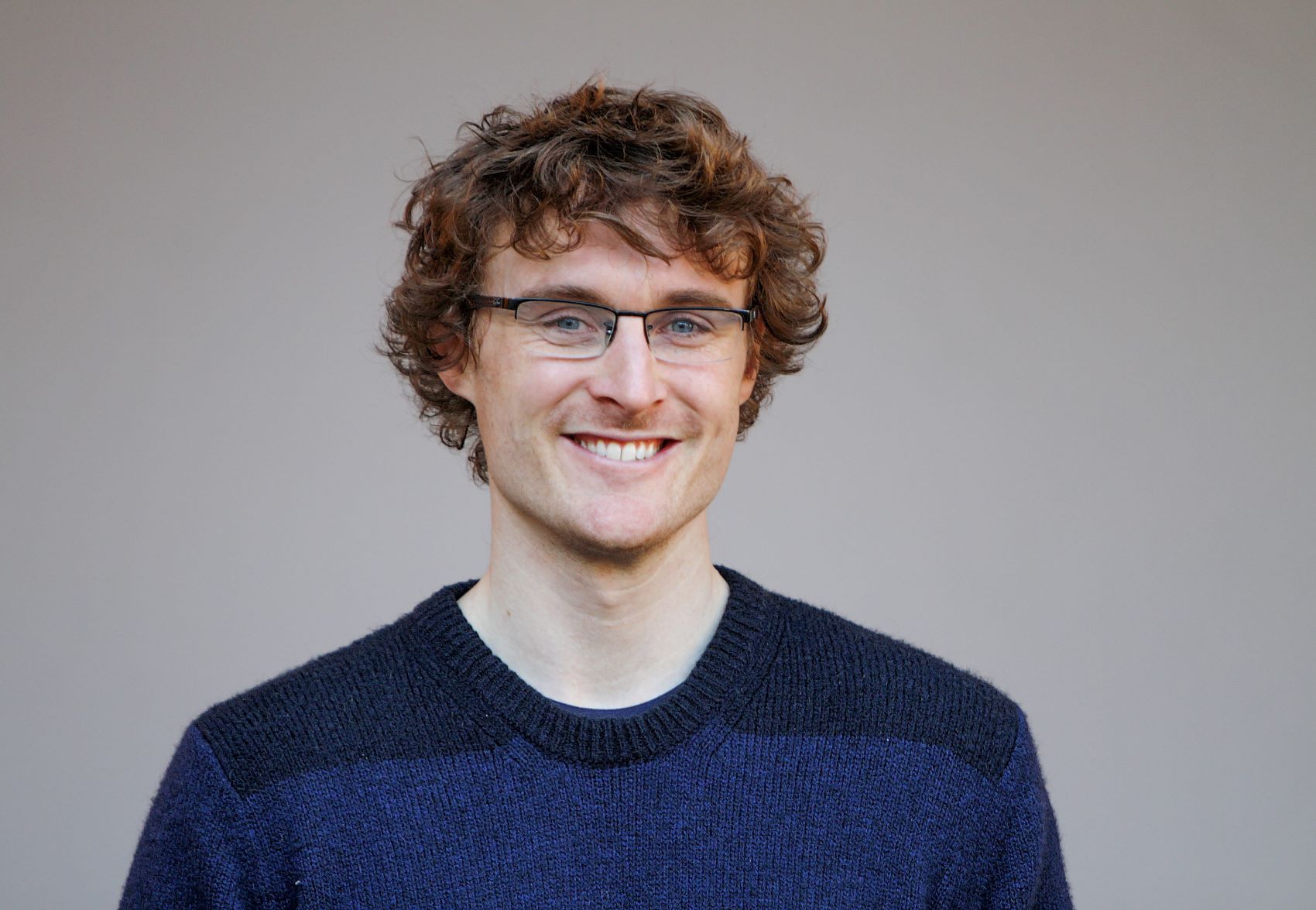Collision is one of North America’s largest tech conferences. Cosgrave, whose company started with three employees and now has almost 200 believes there is a need for human interaction in the world of tech.
Written by Popi Bowman
In a coup for Canada, for the next three years (starting in 2019) Toronto will host one of North America’s largest tech conferences, Collision — the brainchild of CEO Paddy Cosgrave, who launched the Europe-based Web Summit in 2010 with only three employees. Today, his company, based in Ireland, now employs almost 200 people. Undeniably, Cosgrave has proven that there is still a hunger and need for human interaction in a world driven by tech.
There were certainly political reasons for moving the Collision conference from New Orleans to Toronto. How easy or hard was it to make that decision?
The cake we have eaten that is Toronto is made up of many ingredients – some of them sweet, and some of them not-so-sweet. I think the rhetoric and the experience of people who contacted us to say they were being refused visas [to America] was a growing concern. And at a moment when your nearest and dearest neighbour is moving in one direction, I think Canada’s very much moving in this other, very positive direction. It’s a really interesting moment for Canada.
I was just chatting to somebody and we were talking about how Detroit had its day, New Orleans used to be the most important city 300 years ago in the United States, and Venice in Europe used to be the place, then Amsterdam — the focus kind of shifts, and for some reason cities have moments, and I do think for a range of positive and negative reasons, Canada, and in particular Toronto, is having a moment. Now the only question is: OK, well, what’s the city and the country going to do about it?
Your company has grown incredibly quickly, from your first Web Summit conference in 2010 with 400 attendees, and now with a handful of international conferences, each attracting tens of thousands of people. When you started, did you have a “big plan?”
I’ve been very privileged in my life to meet so many great entrepreneurs behind Tesla, behind Facebook, Microsoft — and when people say, ‘Oh, I didn’t ever for one minute think this could happen,’ I think that’s a lie. Who doesn’t walk down the streets sometimes and think they could be some type of superhero? What 12-year-old kid who’s into tennis doesn’t imagine that they could play at Wimbledon? So sure, I imagined that Web Summit in particular could become this great global tech conference, but I thought that was an act of fantasy — I just didn’t believe it was particularly probable.

Your apps are part of what seems to make these conferences unique in the way they bring people together.
Our apps hopefully make attendees powerful by making it really easy to find events, talks, people, and companies that are relevant to them. Most people don’t like big because they’re chaotic. The problem is that finding those people, to know that they’re there, and to meet them, is really difficult — and I think software can solve a lot of those problems. So we’re first and foremost a software company — we build all the apps that you use to attend the event. I basically refer to Web Summit as a massive dating festival, and our job is as a matchmaker. Connecting people, that’s entirely it.
What personal qualities have helped you reach success?
I think it’s constant dissatisfaction. It’s this belief that nothing is ever done or finished. I don’t think there is such a thing as success. It’s like I’m just interested in the process with constant refinement — I’m regularly dissatisfied, and even when I’m not dissatisfied, I’m dissatisfied that I’m not dissatisfied. There’s this lingering concern that if you’re not anxious or worried about something, you’re just like, “It’s been a quiet week, that’s suspicious!”








